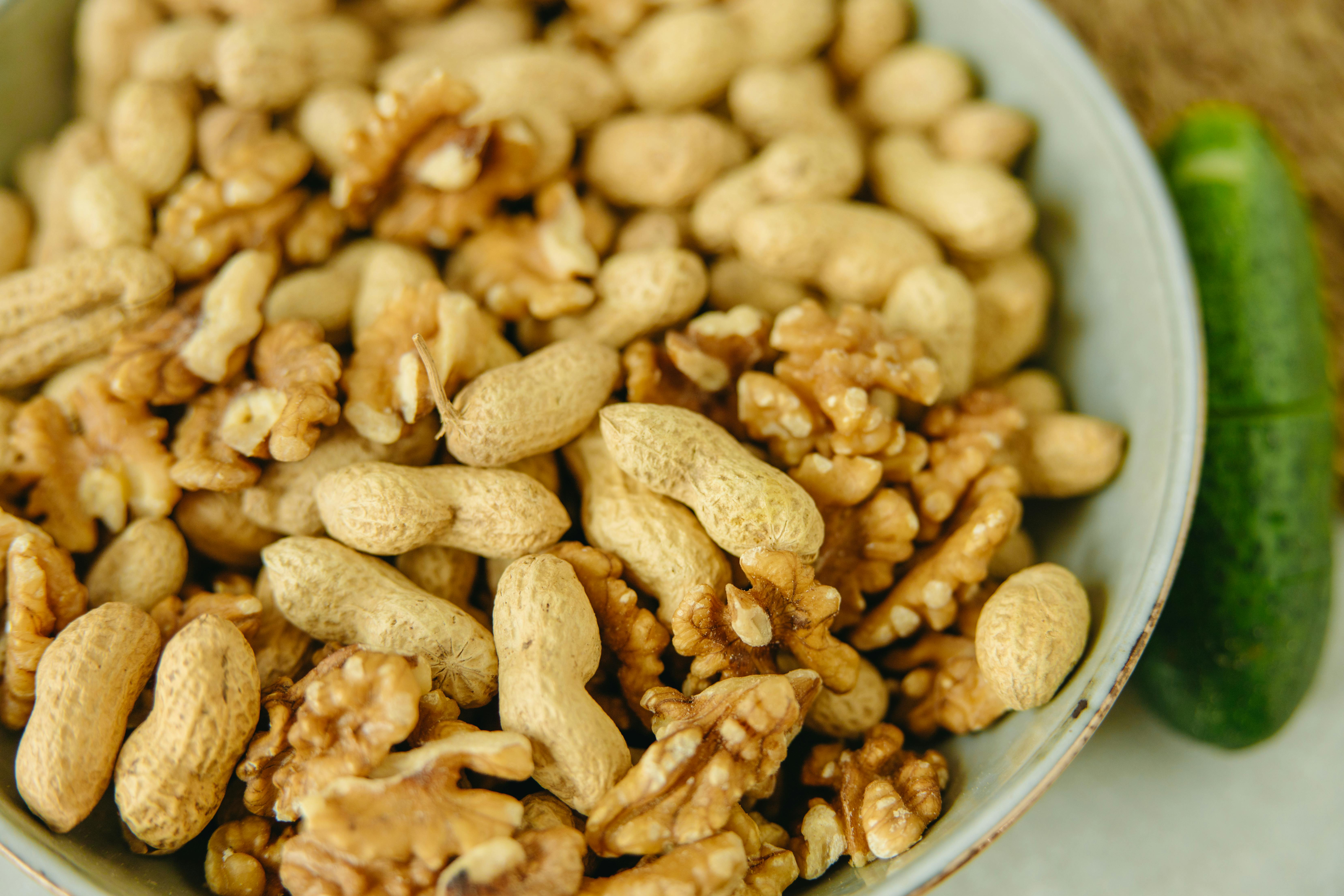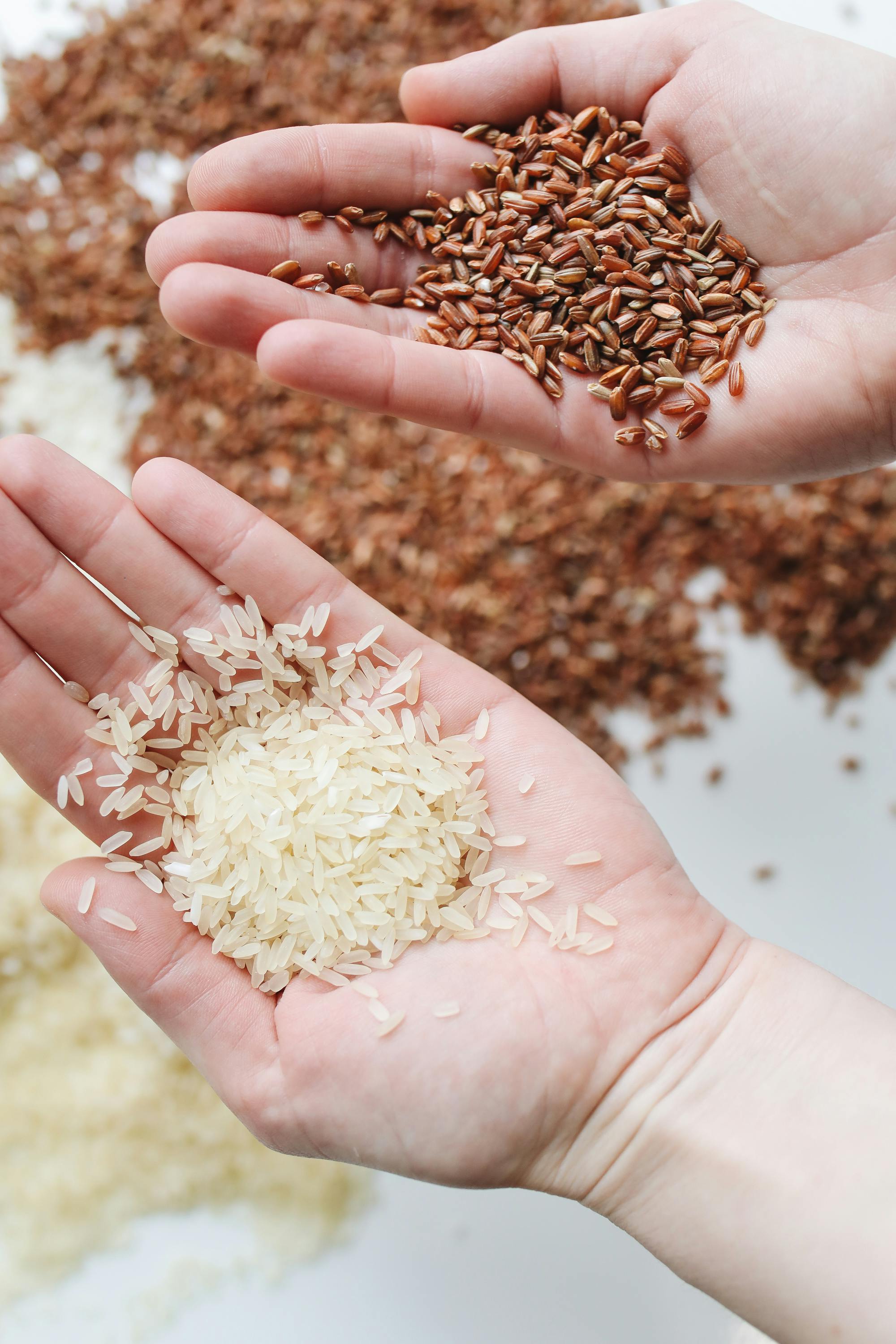Effective Ways to Optimize Your Body Recomposition Diet for 2025 Success
As we step into 2025, many individuals are looking to optimize their body recomposition diet—an approach focusing on fat loss and muscle gain simultaneously. Understanding the nuances of this diet plan is crucial for achieving sustainable results. This article will offer comprehensive strategies for achieving your fitness goals, including insights into nutrient timing, meal prep techniques, and overall nutritional balance.
The benefits of body recomposition extend beyond physical appearance; it promotes a healthier lifestyle, enhances energy levels, and boosts your overall wellness. We'll explore practical tips for meal variety, protein intake, and how to develop a resilient mindset as you navigate the challenges of dietary changes. By adhering to these essential strategies, you'll be well-equipped to transform your body effectively.
This guide will cover the following key areas:
- Understanding macronutrients
- Meal timing and frequency
- Workout routines and resistance training
- Tracking progress and mindset shifts
- Supplementation and hydration strategies
With this roadmap, let’s delve deeper into optimizing your body recomposition diet for lasting success in 2025.
Essential Strategies for Understanding Macronutrients
Defining Macronutrients and Their Role
Macronutrients are the three primary components of our diet: carbohydrates, proteins, and fats. Each plays a vital role in body recomposition by providing the energy and building blocks necessary for muscle recovery and growth. Understanding how to balance these macronutrients optimally will set the foundation for your body transformation journey.
Calculating Daily Macronutrient Needs
The first step in optimizing your diet plan is calculating your daily caloric intake based on your fitness goals. For body recomposition, a slight calorie deficit is typically recommended to promote fat loss while ensuring adequate protein intake to facilitate muscle growth. Utilizing tools for calorie counting and macronutrient tracking can help maintain this balance effectively.
Choosing Quality Protein Sources
Protein is fundamental for muscle gain and tissue repair. High-quality protein sources, such as lean meats, fish, legumes, and dairy, should be included in your diet plan. Aim for a protein intake of approximately 1.2 to 2.2 grams per kilogram of body weight, depending on your physical activity level and goals.
Incorporating Healthy Fats into Your Diet
Healthy fats are critical for hormone balance and cell structure. Incorporate sources like avocados, nuts, seeds, and olive oil for a well-rounded approach. Remember that dietary fats should comprise 20-35% of your total caloric intake, supporting overall health and energy levels.
Selecting the Right Carbohydrate Sources
While low-carb diets are popular, carbohydrates remain essential for providing the energy needed to fuel your workouts. Focus on high-fiber foods such as whole grains, fruits, and vegetables to maintain stable energy levels and support digestion. This will help you sustain your workout routine and overall physical fitness.
With a firm grasp of macronutrients and their importance in your body recomposition diet, we can now transition to meal timing strategies that further enhance fat burning and muscle gain.
Effective Meal Timing Strategies
The Importance of Meal Timing
Meal timing is crucial in optimizing nutrient absorption and managing energy levels throughout the day. For body recomposition, aligning your meals with your workout schedule can maximize your metabolic rate and muscle recovery.
Creating a Meal Plan for Optimal Performance
Incorporating pre- and post-workout meals is essential for supporting your body during exercise and recovery periods. A pre-workout meal rich in carbohydrates and protein can provide the necessary energy, while a post-workout meal focusing on protein and carbohydrates helps kickstart muscle recovery.
Understanding Meal Frequency
Meal frequency, or how often you eat throughout the day, can influence your metabolism and energy levels. Consider breaking your meals into smaller, more frequent portions to maintain steady energy and fullness. However, it's essential to avoid excessive snacking and portion sizes that can lead to unwanted weight gain.
Tracking Nutrition Intake for Better Results
Utilizing food tracking apps can aid in monitoring your macronutrient intake and caloric balance. Regularly assessing your dietary habits allows for necessary adjustments to meet your fitness goals effectively. Success lies in understanding your body’s responses to dietary changes and optimizing them accordingly.
Adapting to Individual Needs
Recognizing that every body is unique is crucial for successful adherence to a meal timing strategy. Factors such as metabolism, physical activity levels, and personal preferences should be accounted for to develop a personalized approach that aligns with your fitness routine.
Having established the significance of meal timing, it’s time to discuss the workout routines and resistance training that will complement your body recomposition efforts.
Maximizing Results with Resistance Training
Understanding Resistance Training Basics
Resistance training is a cornerstone of body recomposition, aiding in muscle gain while also promoting fat loss. Engaging in regular weight lifting or bodyweight workouts helps build lean muscle mass, which, in turn, raises your metabolic rate and supports weight management.
Designing a Balanced Workout Routine
When creating your workout routine, focus on incorporating a mix of compound and isolation exercises. Compound movements, like squats and deadlifts, target multiple muscle groups, offering higher efficiency in your training sessions. Isolation exercises can complement these moves to ensure all muscle areas are adequately trained.
Tracking Workout Progress
Monitoring your workout progress is vital for ensuring your body is adapting to the demands you place upon it. Utilize fitness tracking tools to keep a record of your strength gains, endurance improvements, and overall fitness levels. Regular assessments will help you make informed decisions regarding your workout plan.
Importance of Rest and Recovery
Rest days are crucial for muscle recovery and growth. Incorporate rest days into your workout routine to allow your body to repair itself effectively. Aim for at least one or two full rest days each week, or include active recovery days with low-impact activities.
Integrating Cardio for Fat Burning
While resistance training primarily focuses on muscle gain, integrating cardiovascular exercises is essential for fat loss. High-Intensity Interval Training (HIIT) and steady-state cardio can complement your resistance training, ensuring effective fat burning while preserving muscle mass.
With a solid understanding of workout routines, let's explore the essential role of tracking progress and making necessary adjustments to your diet and exercise regime.
Tracking Progress and Mindset Shifts
Establishing Clear Fitness Goals
Setting clear, achievable fitness goals is fundamental for maintaining motivation on your journey. Consider your short- and long-term objectives, whether it’s losing weight, gaining muscle, or achieving a specific body composition. SMART (Specific, Measurable, Achievable, Relevant, Time-bound) goals can enhance your focus and commitment.
Mindset Shifts for Long-Term Success
Developing a positive and resilient mindset can significantly influence your dieting success. Emphasizing behavior change and habit formation will enable you to overcome obstacles and embrace a sustainable diet plan. Consider mindfulness practices to enhance your overall mindset concerning healthy eating and physical fitness.
Utilizing Feedback Mechanisms
Feedback mechanisms, such as progress photos, weigh-ins, and fitness assessments, can provide valuable insights into your body composition journey. Regularly evaluating your progress will enable you to adjust your dietary strategies and workout regime as needed to stay aligned with your goals.
Overcoming Challenges in Your Journey
Diet adherence can be challenging, especially during social situations or when faced with cravings. Develop strategies to manage these challenges, such as practicing mindful eating or allowing occasional indulgences without guilt. Having a plan for cheat meals can help maintain balance and motivation.
Building a Support System
Engaging with a community or support network can be beneficial for staying motivated throughout your body recomposition journey. Connecting with like-minded individuals or coaches can provide the accountability and encouragement needed to navigate the ups and downs of dieting.
Finally, let's discuss the critical aspects of supplementation and hydration to ensure you're fully equipped for optimal performance and recovery.
Hydration and Supplementation Strategies
The Importance of Hydration
Staying properly hydrated is essential for overall health and optimal physical performance. Water aids in digestion, nutrient absorption, and muscle recovery. Aim for at least 8-10 glasses of water daily, adjusting your intake based on activity level and climate conditions.
Incorporating Supplements for Nutritional Balance
While whole foods should be the priority in your diet plan, certain supplements can support your fitness goals. Popular options for body recomposition include protein powders, branched-chain amino acids (BCAAs), omega-3 fatty acids, and multivitamins. However, consult with a healthcare professional before adding any new supplements to your routine.
Timing Your Nutritional Supplements
Nutrient timing principles suggest that consuming certain supplements around your workouts can enhance performance and recovery. For instance, protein shakes are often beneficial post workout, providing quick recovery for your muscles. Consider establishing a routine for your supplementation around your exercise program for maximum efficacy.
Monitoring Micronutrients
Pay attention to vitamins and minerals crucial for bodily functions. A well-rounded, nutrient-rich diet can help prevent micronutrient deficiencies that may hinder your progress. Incorporate a variety of fruits and vegetables to ensure an adequate intake of essential nutrients.
Making Informed Food Choices
Building a sustainable meal plan involves making informed food choices that prioritize both nutrition and enjoyment. Focus on clean eating and preparing meals from scratch to control ingredients, portions, and overall caloric intake. Meal prepping and planning can help streamline your dietary efforts, making it easier to adhere to your nutrition guide.

As we’ve explored various aspects of optimizing your body recomposition diet, it’s clear that success lies in a holistic approach encompassing dietary strategies, physical activity, and mindset shifts. Embrace the journey of body transformation and enjoy the rewards of improved health and fitness.

FAQs on Body Recomposition Dieting
What is the best diet for body recomposition?
The best diet for body recomposition focuses on a balanced intake of macronutrients—adequate protein for muscle gain, healthy fats, and controlled carbohydrates to support body fat loss. Meal timing and frequency also play crucial roles in maximizing results.
How important is protein intake in this diet?
Protein intake is vital for muscle recovery and growth. Higher protein consumption helps in preserving lean muscle mass during a calorie deficit, which is essential for successful body recomposition.
Can I include cheat meals in my diet plan?
Yes, incorporating occasional cheat meals can support long-term diet adherence. The key is to enjoy these meals in moderation without derailing your progress.
What exercises should I prioritize for body recomposition?
Focus on resistance training exercises, including both compound and isolation movements. Cardio can also be included to enhance fat loss while preserving muscle. A balanced workout routine is crucial for effective body recomposition.
How can I effectively track my progress?
Utilizing fitness trackers, progress photos, and regular weigh-ins can help monitor your journey. Adjust your diet and exercise plan based on the feedback you receive to stay on track with your fitness goals.
